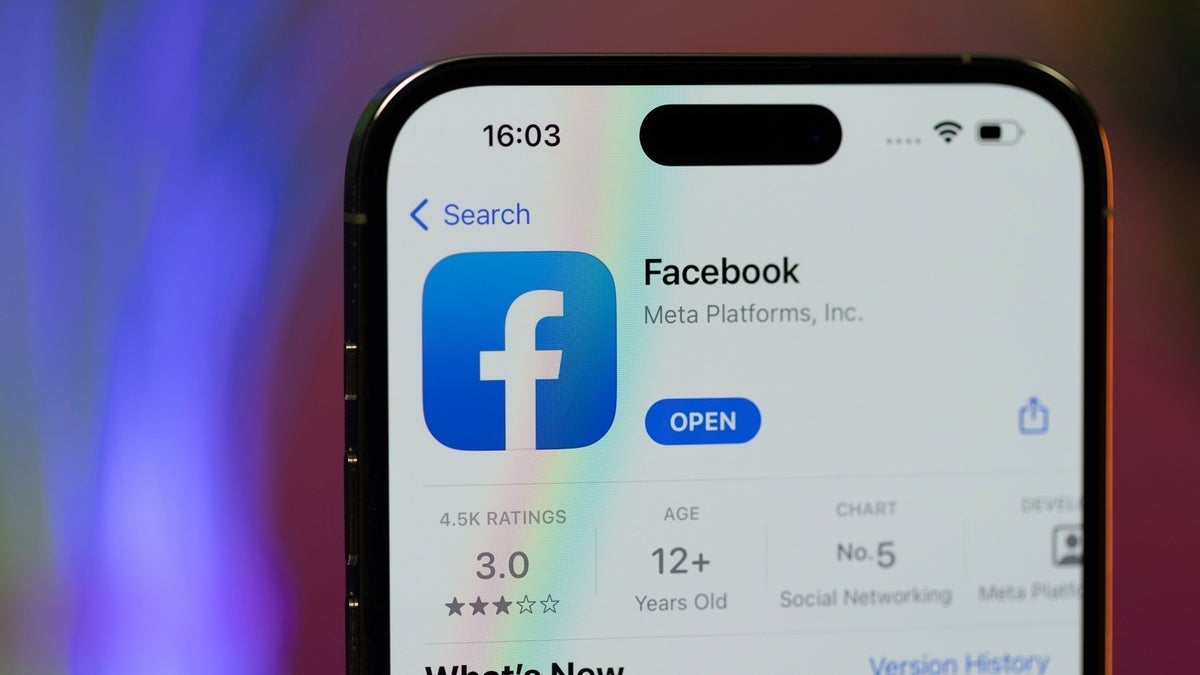Meta decided to delay the launch of its AI models in Europe: this comes after a directive from the Irish privacy regulator to delay Meta’s plans to use data from Facebook and Instagram users. At the core of it all is the advocacy group NOYB, a non-profit organization based in Austria, which urged data protection authorities in several European countries to take action against Meta.
The issue lies in Meta’s intent to use personal data for training its AI models without user consent, though Meta claimed it would only use publicly available and licensed online information. The Irish Data Protection Commission (DPC) asked Meta to postpone training its large language models (LLMs) with public content from Facebook and Instagram users.
Meta expressed disappointment over the request, noting that it had incorporated regulatory feedback and kept European data protection authorities informed since March. The company stated that without local information, it couldn’t offer a high-quality experience, thus preventing the launch of Meta AI in Europe.
In my humble opinion, though, whatever Meta has planned will happen – it’s just a matter of time. I think the AI race is too important for the behemoth corporations to just let go of.
Apple joins the EU “party” with Meta
Meanwhile – again on the Old Continent – Apple and Meta are likely to face charges under the EU’s Digital Markets Act (DMA) before the summer, another Reuters report reads. The European Commission, having launched investigations into Apple, Meta, and Google in March, prioritizes Apple and Meta. The DMA aims to curb Big Tech’s power, foster competition from smaller rivals, and facilitate easier movement between competing online services.
EU regulators plan to issue preliminary findings akin to antitrust charges by August, with Apple expected to be charged first, followed by Meta. While the Commission and Meta declined to comment, Apple reiterated its confidence in complying with the DMA and its ongoing constructive engagement with the Commission.
Penalties could include fines up to 10% of a company’s global annual turnover for violations.
Apple is likely facing charges because its rules make it hard for app developers to tell users about offers outside the App Store, and it has added new fees for developers. Another investigation about Apple’s choice screen for the Safari web browser is expected to take more time. Meta is being investigated for its new model, where users either pay a subscription fee or give consent for ads on Facebook and Instagram.
In other words, the summer is getting hotter by the day for Apple and Meta!

